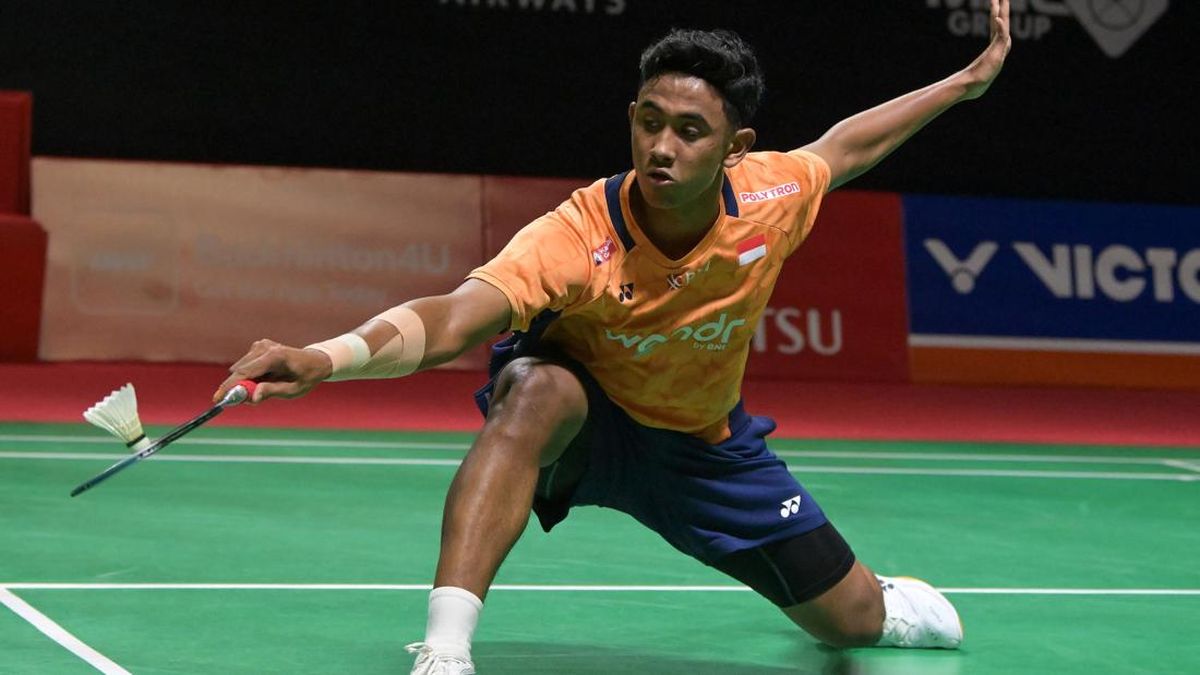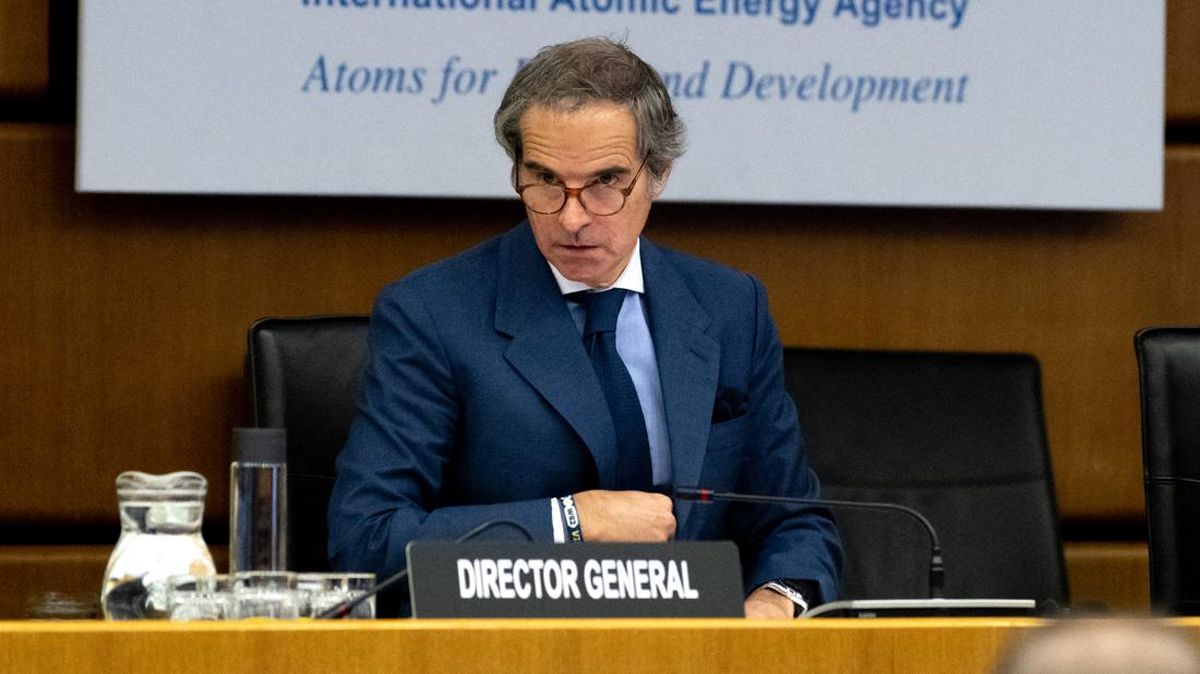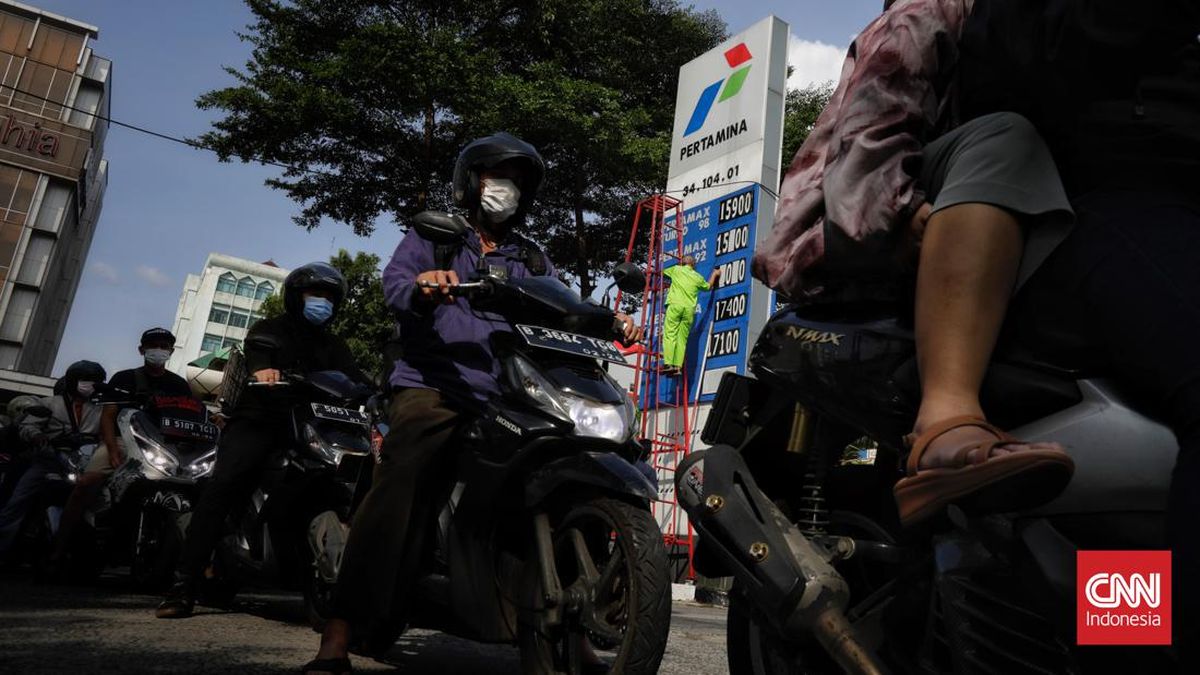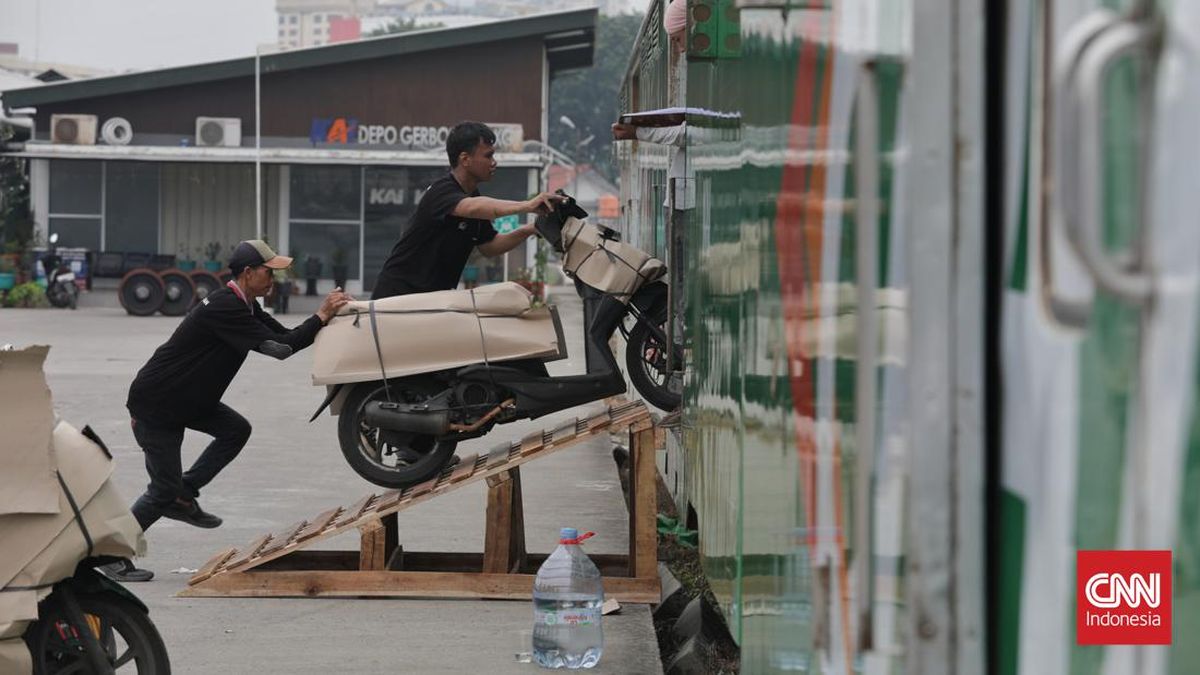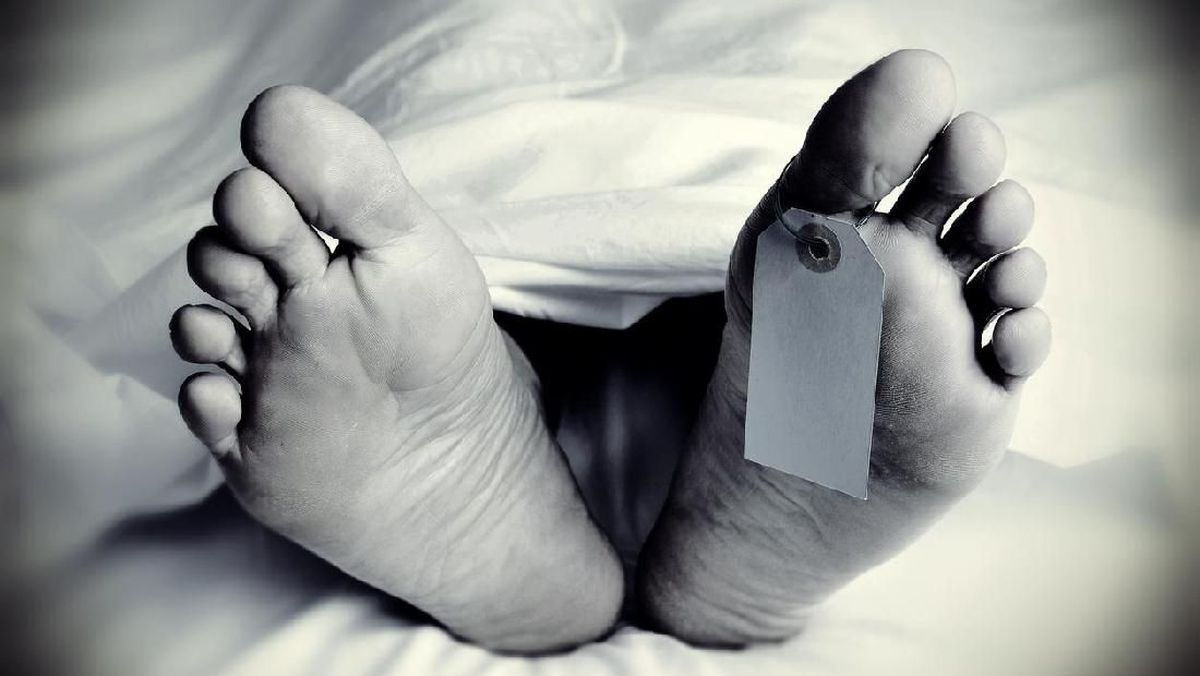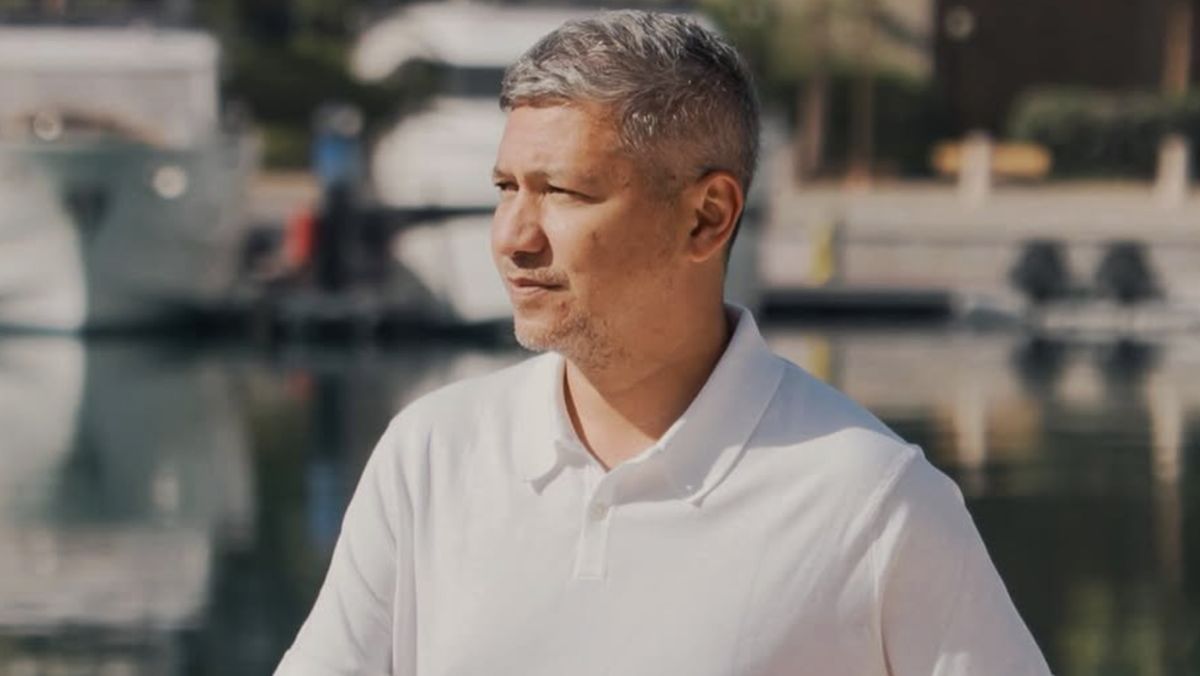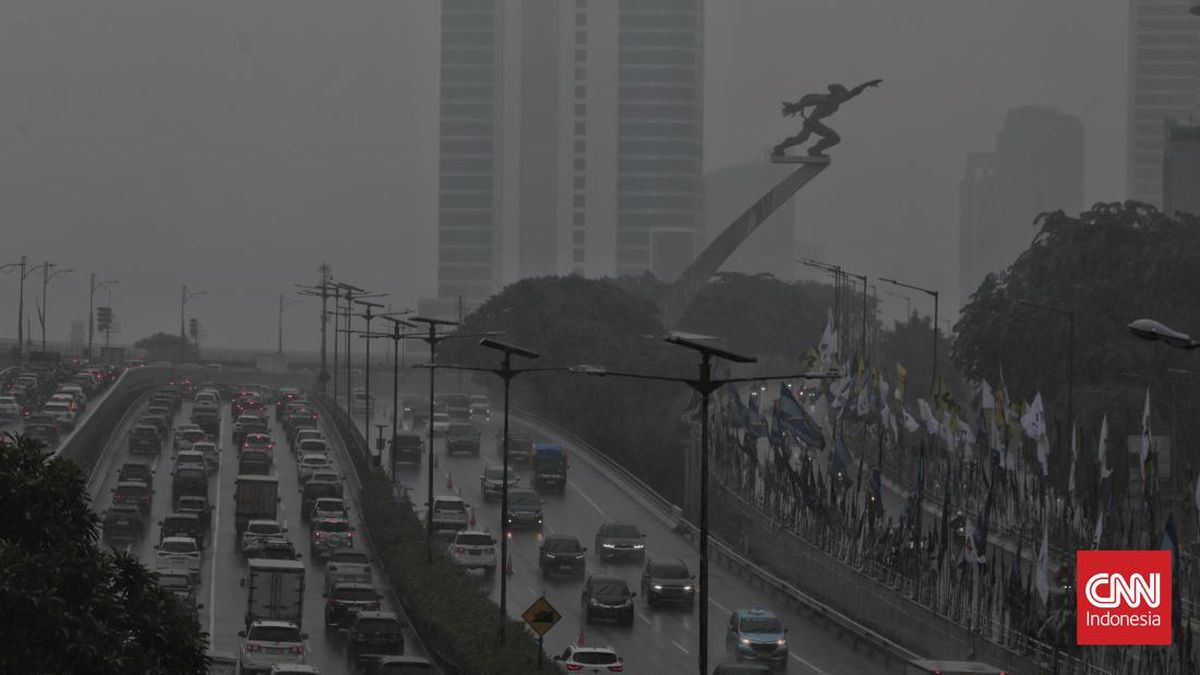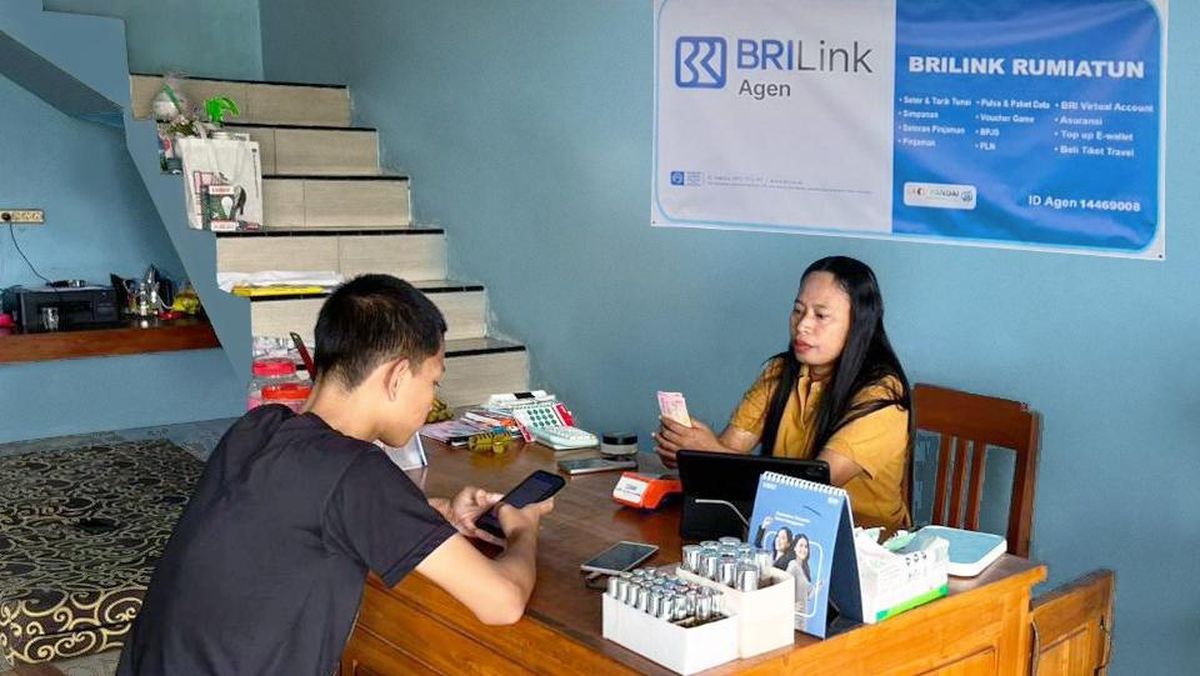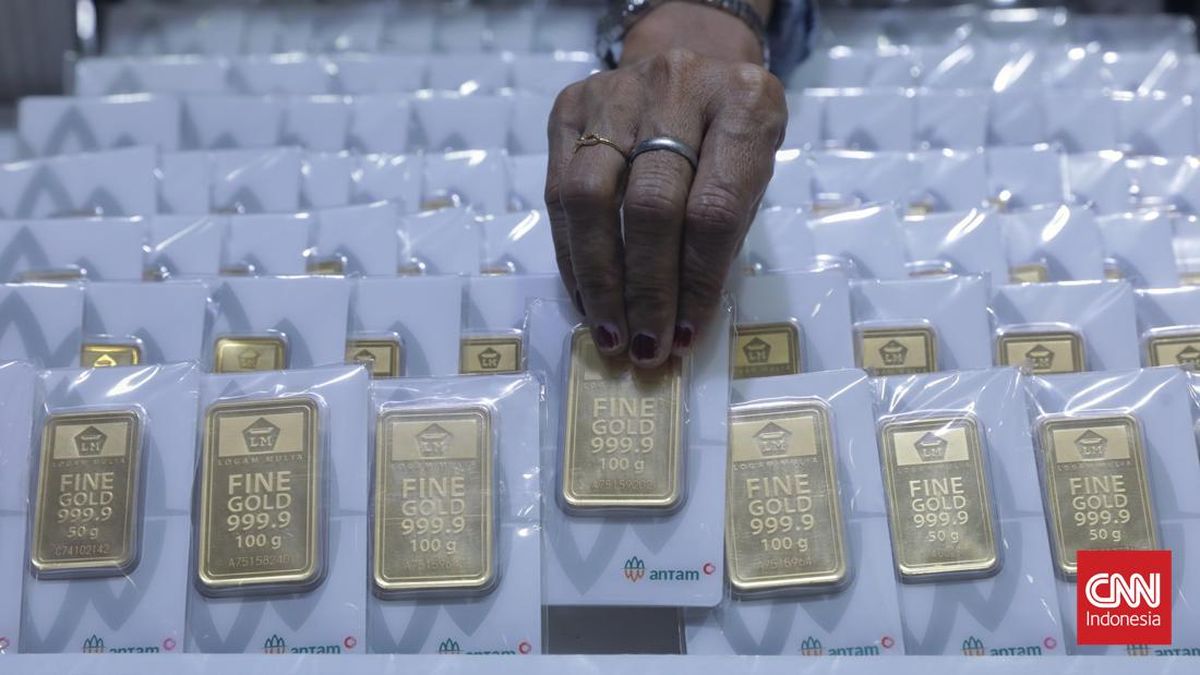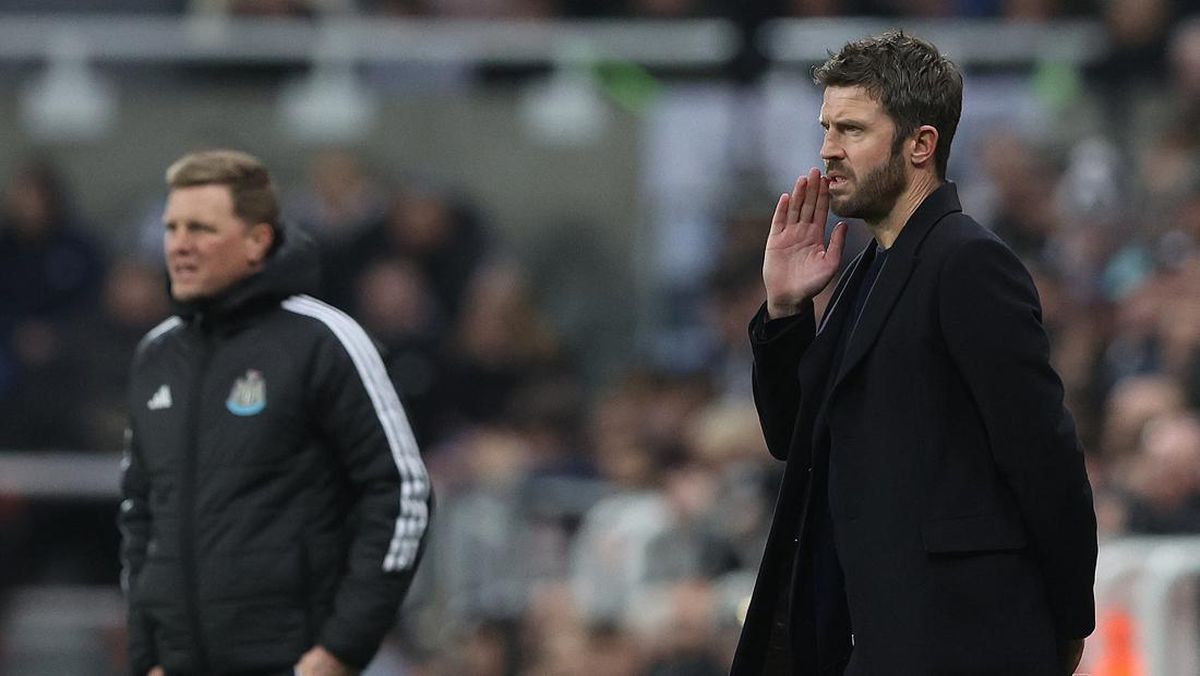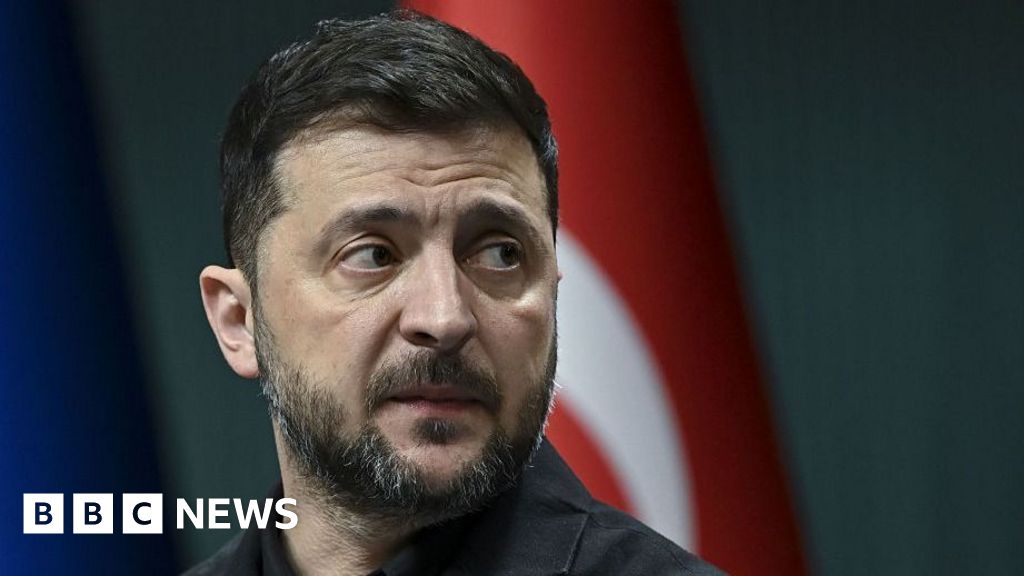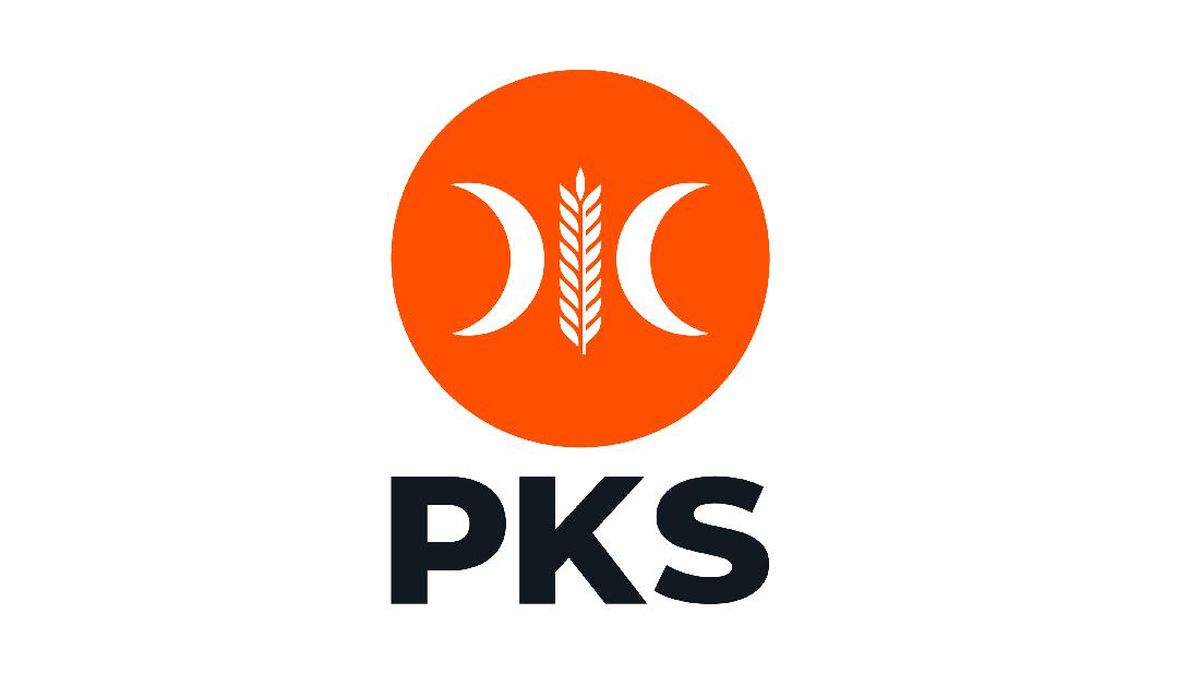By Rebecca Kummerfeld
November 22, 2025 — 6.00am
Jack Meister
1928-2025
No one introduced me to Jack Meister. But every Thursday, this quiet, smiling man stood near the Auschwitz exhibit at the Sydney Jewish Museum, ready to talk with visitors who stopped by, making jokes with passing staff.
It was 2016, and I was new to working at the museum. After a few weeks of exchanging smiling nods, I finally stopped to introduce myself. I had no idea that this would be the beginning of a friendship and a surprising new chapter in Meister’s life.
He shared with me his story. A story of a happy childhood, marked by dark moments of antisemitic violence in his hometown of Kielce, Poland. Meister was 11 years old when the Nazis came. He told me of war, of ghettos, forced labour, separation from his family, gruelling journeys in cattle cars. Of Auschwitz and a death march to Buchenwald.
“In April 1945, I was finally liberated by American soldiers. They came into the camps and gave us lots of food and drink. An American soldier gave me some chocolate and a change of clothes. He took my picture, then came back the next day and gave it to me. I still have the picture to this day,” Meister recalled.

Liberation: Jack Meister with a photo taken of him at Buchenwald concentration camp by an American soldier in 1945. “Some people try to say I wasn’t there, but I know I was. I have the photo to prove it.” Credit: Courtesy: Sydney Jewish Museum
For me, the most intriguing part came after the war. Meister told me about his recovery, then the years he spent in a Swiss children’s home for orphan survivors. As one of the older kids, he mentored the younger ones. But he had learning to do himself: to re-learn basic table manners, how to eat with a knife and fork, hygiene, household chores. He had missed so many formative years. Like his father, Anchel Kappelmeister, he trained in leatherwork.
Eventually the time came to leave Switzerland. Like many survivors who came to Australia, he wanted distance from the horrors of Europe. This was reinforced by news of the Kielce pogrom of 1946, when locals murdered 42 Jews who’d returned after surviving the Holocaust.
Meister arrived in Australia in 1949. He was fostered by a Jewish family while he found his feet. At the Maccabean Hall, a gathering place for Jewish youth, he met Nita at a Sunday dance. As he said: they “clicked together. She didn’t speak much of my language, and I didn’t speak much of her language, but it didn’t matter”.

Jack and Nita Meister on their wedding day in the Maccabean Hall in 1951.Credit: Courtesy: Sydney Jewish Museum collection
A few months later, Jack asked her father for permission to marry. The reply: “If she likes you, and you make her happy, of course”. They were married in the Maccabean Hall in 1951.
When the Sydney Jewish Museum was established within the Maccabean Hall in 1992, Meister signed up to volunteer. By the time I met him, he had been coming in every Thursday for 24 years.
There is beautiful magic in the power of place. Within this building, Meister found safety, love and purpose over more than six decades.
But in all this time, he had stood quietly in the exhibition space, directing people or occasionally showing his tattoo B488 on his forearm from Auschwitz, a glimpse into his story. Most survivors volunteering at the museum spoke to large student groups. Why not him?
I plucked up the courage to ask. He couldn’t bear the thought of burdening innocent young people with the pain of his past.
What about adults?

Jack Meister recalled how in August 1942, the Kielce ghetto where his family was living was liquidated. Credit: Fairfax Media
He laughed. A joy-filled, child-like laugh. The kind you hear for a genuinely good joke. “What do I have to say?”
This felt like an invitation for a nudge. A few weeks later, he agreed to speak to volunteers undertaking the guide course. They were patient, interested and encouraging. He spoke for nearly two hours.

Colossal friend: Jack Meister and Rebecca Kummerfeld at the Sydney Jewish Museum.
From that first tentative telling, Meister’s story connected with people. Soon he started speaking to adult groups. Then, cautiously, senior students. He worried about the kids. But after receiving letters from them describing the impact of his story, he agreed to speak to more student groups. And speak he did: every Thursday (and the first Tuesday of the month), to tens, then hundreds, then thousands of students.
When I left the museum, I grieved the loss of our regular conversations. I would phone him on Thursdays, grinning as he answered with his signature “Hey-looo?” – his accented greeting, beaming joy through the phone line. He’d tell me about the “tremendous” questions his students had asked that day.
In recent years, Meister told his story for TV, radio, news broadcasters and publications. He joined the Holocaust educational program March of the Living, spoke to dignitaries and presented at communal commemorations.
Meister was awarded a Medal of the Order of Australia for his service to the Jewish community of Sydney in 2023.
For those who heard him speak, there was a word he would frequently use to describe his proudest moments: “colossal”. Moving to Australia, sharing his story for the first time, being awarded an OAM – these were all “colossal”. Indeed, Jack Meister himself was, and will always be, colossal; a man of great care, resilience, bravery and joy through the many chapters of his life. He died on November 16 and leaves a colossal hole in our community.
He is survived by his daughter Leanna, grandsons Mark and David, and great-grandchildren Iris, Isaac and Leon.
Start the day with a summary of the day’s most important and interesting stories, analysis and insights. Sign up for our Morning Edition newsletter.
Most Viewed in National
Loading

